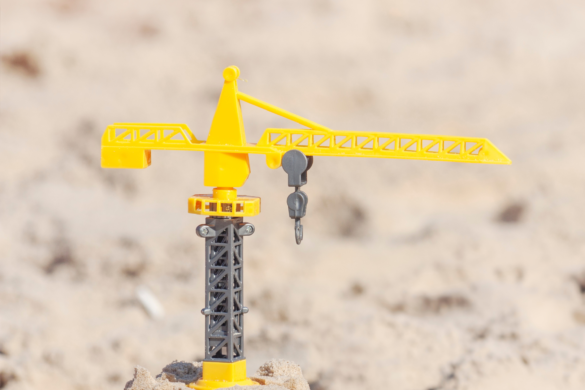 Over 40 contractor delegates attended a special IPAF half day seminar at London’s Heathrow airport Terminal 5, in order to discuss the specifying of anti-entrapment devices on boom lifts.
Over 40 contractor delegates attended a special IPAF half day seminar at London’s Heathrow airport Terminal 5, in order to discuss the specifying of anti-entrapment devices on boom lifts.
The meeting was called just over a week ago and almost 50 principal and major sub-contractors signed up for the meeting on what has become a contentious topic in recent weeks, as some principal contractors issued highly specific requirements for anti-entrapment devices on their sites in the new year.
The blanket specifications fly in the face of previous Health & Safety Executive and IPAF advice on the subject, which argues that each individual application should be risk assessed and decisions then taken on what device – if any – is required. Both organisations have also stressed that no single device on the market covers all types of crushing risk.
Today’s presentations on the subject were delivered By Chris Wraith and Giles Councell of IPAF and Joy Jones of the HSE. Questions flew thick and fast, not only on the subject of crushing devices and contractors diktats, but also on IPAF Pal + training and other related subjects.
While no specific consensus or outcome was sought or obtained, the delegates were clearly paying close attention to all that was said, and none could have left the room without being clear that the HSE does not regard a blanket prescriptive solution to this matter to be the right approach.
It was also clear that many delegates – particularly among the sub-contractors – fully agreed with this, pointing out numerous examples of how the policy is unworkable. For example one delegate highlighted the fact that for much of the work his company carrys out it uses the lightest weight machine for a given height and outreach, and yet the prescribed anti-entrapment solution can simply not be fitted to that machine.
That case was made even more poignant by the opening review of the 2003 fatality in Goole that kicked off the quest by certain contractors to find an anti-crush device. In that case the young apprentice was due to use a scissor lift for a job that he was very familiar with. However unplanned ground conditions forced a switch to a boom lift, which might not have been quite as well suited to the application?
The HSE and IPAF made a strong case today advocating that individual job risk assessments were a far safer approach than blanket company-wide policies when it comes to anti-entrapment devices. It is now down to the principal contractors to decide what they will do.
Presentations can now be viewed on the IPAF website Simply click here to do direct to the page
Author; Unknown
Source:


